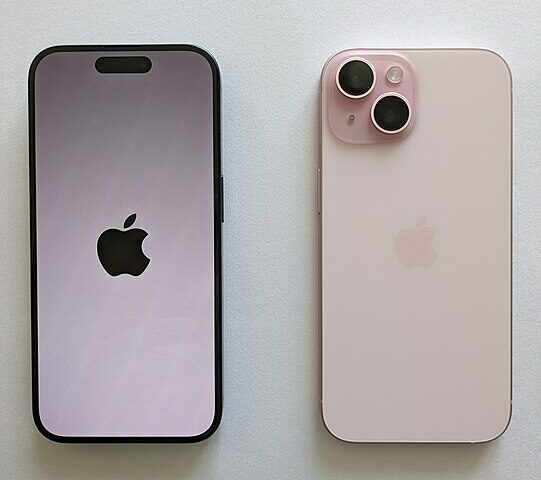Google is continuing its rollout of passkey security. It now wants to make this the default for users, rather than passwords.
Passkeys are a relatively recent security feature. Rather than typing a password, users can match a private cryptological key to a public one. CNN reports:
Google is looking to make passwords obsolete by prompting users to create passkeys to unlock accounts and devices with a fingerprint, face scan or pin number.
Google said Tuesday that passkeys don’t require users to memorize passwords, are quicker to use and offer more security. The companyunveiled support for passkeys in May but announced in a blog post that the technology will now become the default option during password creation.
Passkeys require a password manager to activate credentials. Apple and Google provide their own, as well as third parties. Ars Technica explains
Passkeys can be more secure than passwords in part because they ensure that you have a separate key for each account, protecting you from big password leaks, but they’re also easier to use because you don’t have to remember a password. Many of us have been using password managers like 1Password for a while, and passkeys will feel to some like a natural progression from that.
Google has been experimenting with passkeys across numerous products, including Chrome, over the past year. It went wide with passkey support for personal Google accounts in May, but users had to opt in to it by visiting a specific webpage that wasn’t widely publicized. With this new change, all users with personal Google accounts will be prompted to try passkeys out. Users who want to forgo passkeys can uncheck the “skip password when possible” option in their accounts.
In usage terms, passkeys are also quicker to authenticate than passwords. While the technology is rather new, Google’s push could make it more widespread.
READ NEXT: NSA Working on New AI Tool









